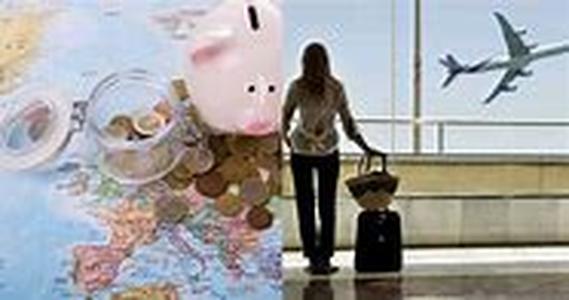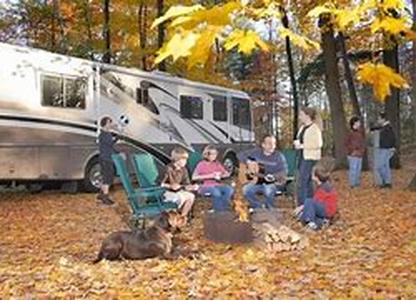
If You Are Visiting A Foreign Country On Business Or Pleasure You May Buy Some Goodies To Bring Home. When You Return To America, You Will Have To Declare These Items, And, If The Value Is Too High, You May Have To Pay Dearly.So, What Do You Have To Declare? Is It Just Souvenirs? Here Is A List Of What You Have To Tell The Customs And Immigration Agents.Items You Purchased And Are Carrying With You Upon Return To The United States.Items You Received As Gifts, Such As Wedding Or Birthday Presents.Items You Inherited.Items You Bought In Duty-free Shops, On The Ship, Or On The Plane.Repairs Or Alterations To Any Items You Took Abroad And Then Brought Back, Even If The Repairsalterations Were Performed Free Of Charge.Items You Brought Home For Someone Else.Items You Intend To Sell Or Use In Your Business.Also, If You Acquired Items In The U.S. Virgin Islands, American Samoa, Guam, Or In A Caribbean Basin Economic Recovery Act Country (see Section On 800 Exemption For A List Of These Countries) And Asked The Merchant To Send Them To You, You Must Still Declare Them When You Go Through Customs. This Differs From The Usual Procedure For Mailed Items.You Must State On The Customs And Border Protection (CBP) Declaration, In U.S. Currency, What You Actually Paid For Each Item. The Price Must Include All Taxes. If You Dont Know For Sure, Estimate. If You Did Not Buy The Item Yourselffor Example, If It Is A Giftestimate Its Fair Retail Value In The Country Where You Received It. Remember: Even If You Used The Item You Bought On Your Trip, Its Still Dutiable. You Must Declare The Item At The Price You Paid Or, If It Was A Gift, At Its Fair Market Value.If The Amount Of Your Goods Exceeds The Exemption, You Will Have To Pay On The Spot. This Can Be Very Painful And Costly. So, Be Prepared With Your Wallet Open.Check With The CBP Web Site Before You Go So That You Know The Rules And Regulations. Plan Your Shopping Accordingly And Spare Yourself The Expense When You Get Home.





